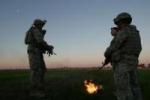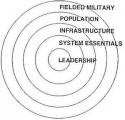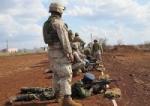KABUL, Sept. 20 -- The big winner in the fraud-ridden, never-ending Afghanistan elections is turning out to be a party not even on the ballot: the Taliban.
A stream of revelations about systematic cheating during last month's vote has given the Taliban fresh ammunition in their propaganda campaign to portray President Hamid Karzai's administration as hopelessly corrupt. Infighting among U.S., U.N. and European diplomats over whether to accept the results with Karzai the winner or force a new round of voting has also fed the Taliban line that the government in Kabul is merely a puppet of foreign powers.
Mullah Omar, the Taliban's reclusive leader, broke his silence Saturday to denounce "the so-called elections which were fraught with fraud and lies and which were categorically rejected by the people."
In a statement released on the Internet to mark the end of Ramadan, Omar also railed against what he called "the rampant corruption in the surrogate Kabul administration, the embezzlement, drug trafficking, the existence of mafia networks, the tyranny and high-handedness of the warlords," according to a translation by the NEFA Foundation, a terrorism research group.
The problem for the Afghan government and its chief benefactor, the Obama administration, is that the Taliban's rhetoric has been echoed in recent days by U.S. and European officials, as well as some Afghan leaders, who have characterized the Aug. 20 election as a debacle and Karzai's government as inept.










Bookmarks